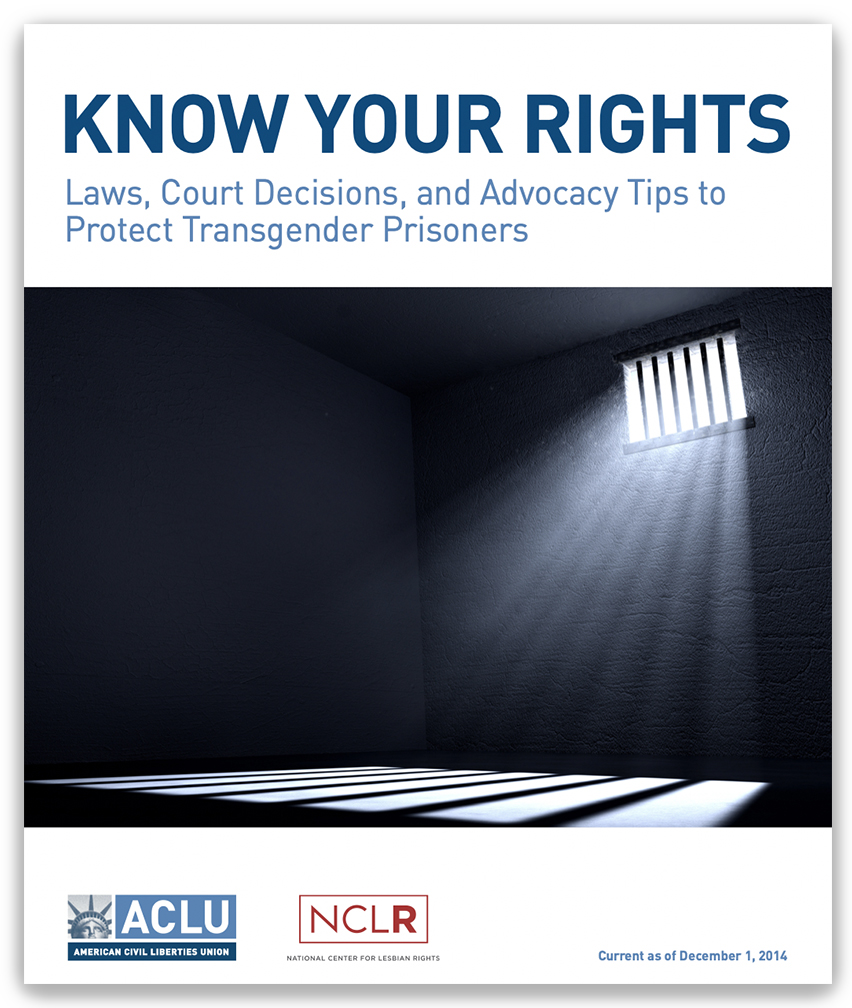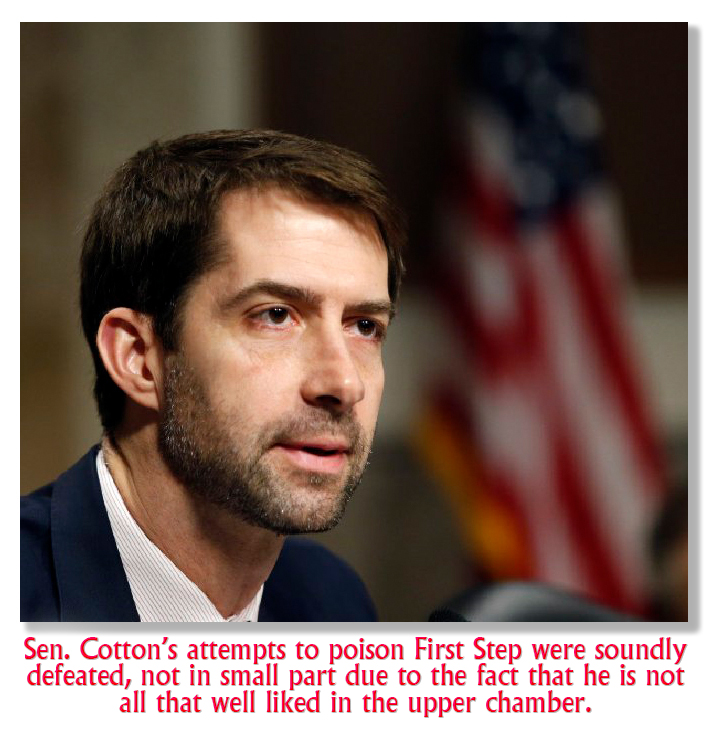We post news and comment on federal criminal justice issues, focused primarily on trial and post-conviction matters, legislative initiatives, and sentencing issues.

THE UNSEEN HAND WRITES NEW BOP EARNED TIME RULES?
The Federal Bureau of Prisons last week announced final rules for granting federal time credits (“FTCs”) to inmates who successfully complete specified programs designed to reduce recidivism or engage in what the statute calls “productive activities.”
In November 2020, the BOP finally got around to proposing rules for granting FTCs under the incentives program authorized two years before in the First Step Act. The agency proposed a rule that would require 240 classroom hours of successful programming in order for an inmate to receive a mere 15 days credit on his or her sentence. At the time, I said, “In the BOP, a 500-hour program takes 12-18 months to complete. That may seem like a fairly substantial commitment for a month more of home confinement. But it is consistent with what we’ve come to expect from the BOP: given a chance to interpret the extent of its authority to be lenient, it invariably interprets that authority in the most chary way possible.”
[Editor’s note: Yes, I said “most chary.” My wife the grammarian, has since pointed out that the superlative of “chary” is “chariest.” I’d fire her, but she’s been right too many times before.]
 In my experience practicing administrative law back in the day, when an agency rolled out proposed rules in a Notice of Proposed Rulemaking for public comment, the final product looked a lot like what had been proposed, perhaps with a tweak here and there. Once in a blue moon, an agency might back off after an especially loud and sustained hue and cry from the industry and public, but rulemaking was a lot like ordering an ice cream sundae – you could specify which sprinkle, nuts, sauce, and cherry you wanted on it, but the 95% of it that was ice cream was fixed and was not going to change.
In my experience practicing administrative law back in the day, when an agency rolled out proposed rules in a Notice of Proposed Rulemaking for public comment, the final product looked a lot like what had been proposed, perhaps with a tweak here and there. Once in a blue moon, an agency might back off after an especially loud and sustained hue and cry from the industry and public, but rulemaking was a lot like ordering an ice cream sundae – you could specify which sprinkle, nuts, sauce, and cherry you wanted on it, but the 95% of it that was ice cream was fixed and was not going to change.
The history of agency rulemaking since the passage of the Administrative Procedure Act of 1946 makes what happened to the FTC rules so puzzling. It’s like the BOP specified an ice cream sundae, but delivered a cup of mashed potatoes and gravy instead.
The new rules, already being applied to hundreds if not thousands of inmates, represent a total repudiation of the BOP’s proposed rules announced a year ago.
I reported on the changes in the rules – the “what” – last Friday. What I didn’t talk about was the “why.” Even now, I am unsure of what caused the sea change at the BOP, but there are some hints. Traditionally, the BOP director has scrambled to imprint any favorable program with his or her initials. Yet, last week, BOP Director Michael Carvajal was strangely silent, while Attorney General Merrick Garland took a victory lap in a press release. The fact that the Attorney General issued a statement supporting the new rules, but Carvajal did not, suggests that the Biden DOJ grabbed hold of the FTC process after the BOP sought to impose Draconian limitations on the program.
 Several members of Congress – such as Richard Durbin (D-IL), chairman of the Senate Judiciary Committee, Sheldon Whitehouse (D-RI), John Cornyn, (R-TX) and Cory Booker (D-NJ), on the Senate side, and Hakeem Jeffries (D-NY), on the House side – criticized the proposed rules in public comments. That may have played a factor as well. The BOP’s report adopting the final rule mentioned their comments, such as this excerpt from Sens. Whitehouse’s and Cornyn’s filing:
Several members of Congress – such as Richard Durbin (D-IL), chairman of the Senate Judiciary Committee, Sheldon Whitehouse (D-RI), John Cornyn, (R-TX) and Cory Booker (D-NJ), on the Senate side, and Hakeem Jeffries (D-NY), on the House side – criticized the proposed rules in public comments. That may have played a factor as well. The BOP’s report adopting the final rule mentioned their comments, such as this excerpt from Sens. Whitehouse’s and Cornyn’s filing:
The proposed rule’s definition of a “day” of program participation does not adequately reward engagement with [EBBR programs] and PAs consistent with the First Step Act. . . Because BOP programs do not run for eight hours per day, the proposed rule would require individuals to attend an EBRR or PA for several calendar days before they earned a full “day” of time credit. . . It was not our intent as drafters of the legislation that BOP define a “day” in this way. Nor did Congress ever consider it. . . The proposed rule’s narrow definition of a “day” does not adequately incentivize program participation and reduce recidivism as intended by the First Step Act.
The fact that the legislators’ comments were singled out approvingly – maybe even fawningly – in the report would permit a reasonable person to infer that the BOP was sending the two Judiciary Committees a message that their concerns were being addressed.
The Hill noted that the new rules were announced “just one week after the DOJ revealed that BOP Director Michael Carvajal would be resigning from his post. He had faced criticism during his time as chief of the bureau.” Fox News said “the Biden administration has faced increased pressure from both Democratic and Republican lawmakers to do more to put in place additional aspects of the First Step Act, and the bureau has been accused of dragging its feet.” Associated Press observed that the final rules came “about two months after the department’s inspector general sounded an alarm that the Bureau of Prisons had not applied the earned time credits to about 60,000 federal inmates who had completed the programs.”
It seemed strange that several media outlets connected the Director’s departure with the release of the rules. It is fair to note that there is no logical reason for his announcing the retirement on January 6th, especially when the actual date was left open (he said he would stay on until a new director is appointed). The timing, as The Hill implied, may be linked to the dramatic turn in the BOP’s approach to FTCs.
Likewise, Fox News may have settled on another reason. President Biden has taken a lot of heat recently for doing nothing on criminal justice reform. Probably because he has done nothing. Hijacking the rules and rewriting them the way Congressional Democrats would love and Congressional Republicans would accept may have been seen by the White House as a cheap fix: liberal FTC rules did not require Congressional approval and conservatives could hardly complain, because all Biden was doing was carrying forward a program President Trump proudly owned, the First Step Act.
Don’t get me wrong. I’m not complaining that the BOP did the right thing. I’m puzzled, that’s all.
Associated Press, Thousands of federal inmates to be released under 2018 law (January 13, 2022)
Dept of Justice, Justice Department Announces New Rule Implementing Federal Time Credits Program Established by the First Step Act (January 13, 2022)
BOP, Final Rules for Federal Time Credits Program (January 13, 2022)
BOP, FSA Time Credits (January 13, 2022)
The Hill, Thousands of federal inmates being released this week under law signed by Trump (January 13, 2022)
Fox News, Federal inmates to be released under ‘time credits’ program (January 13, 2022)
– Thomas L. Root































